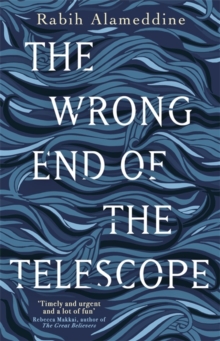What do you think?
Rate this book


368 pages, Hardcover
First published September 21, 2021
...the aforementioned Mediterranean, yes, glorious. Or was this the Aegean, which Aegeus threw himself into when he thought his son Theseus had failed against the Minotaur? The clouds were such that both the asphalt and the water had the same color, a bluish slate, the color of oxidization on copper with a tinge of periwinkle violet.
"Have you considered writing about an American couple in suburbia to help the Syrian refugees? If you did a good job, Syrian refugees would be able to inhabit the skin of Americans, walk in their Cole Haans, empathize with their boredom and angst."
Mina, a surgeon in her fifties, a naturalised American of Lebanese-Syrian origin, a trans woman, a lesbian: this is the intriguing person in whose first person perspective you will hear this book.
Mina has arrived at the Moria refugee camp on Lesbos Island at the invitation of her friend, Emma, who runs an NGO there. After being alienated from most of her family except her brother because of her gender identity, Mina finds it overwhelming to be so near her original country after three decades. However, she seeks some kind of fulfilment while using her skills as a surgeon and a speaker of Arabic to help out those brave souls who have crossed the Aegean Sea at a high personal and financial cost in the hope of a better, safer future. “The Wrong End of the telescope” follows Mina’s experiences and ponderings in Lesbos Island.

Moria refugee camp on the island of Lesbos, Greece. | Photo: AFP